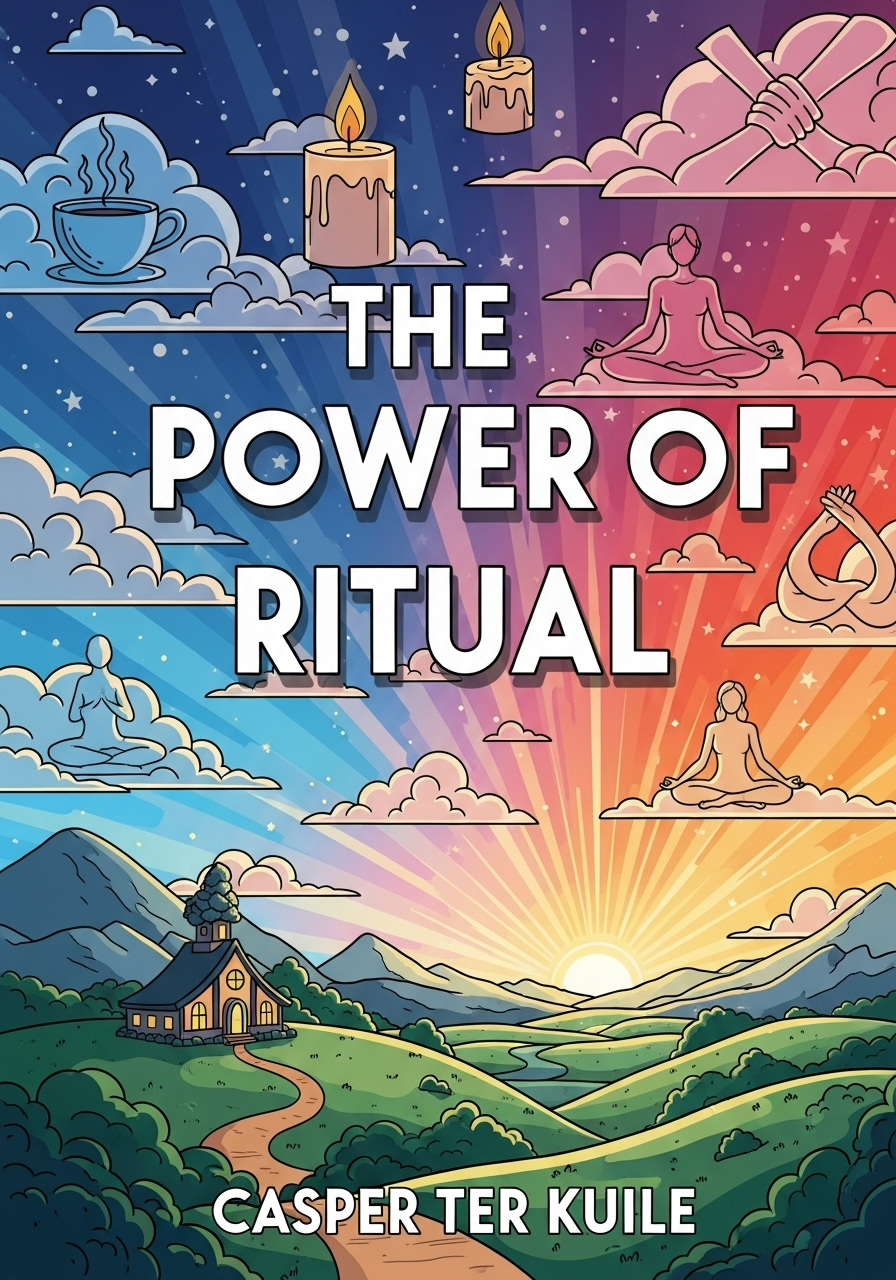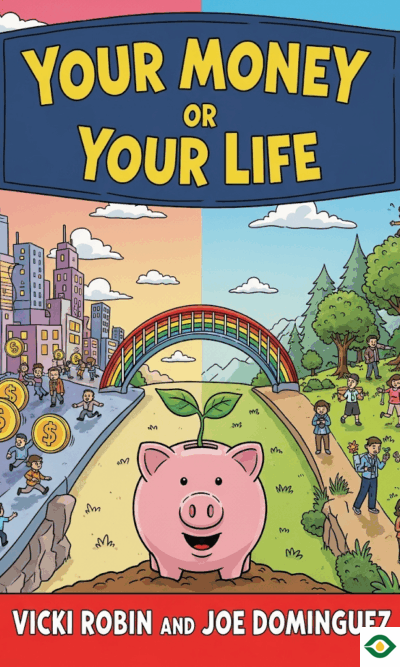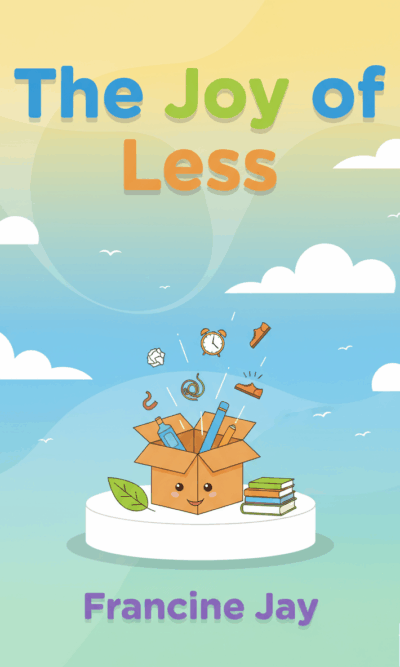Description
Life today feels very different from the past. For centuries, religion shaped how people lived. Sundays were church days, families prayed together, and rituals gave structure to community life. But in recent decades, more and more people are moving away from organized religion. Fewer people attend services, and many identify as atheist, agnostic, or simply “not religious.”
Yet stepping away from religion does not mean stepping away from spirituality. Human beings still need meaning, still crave community, and still long for experiences that feel larger than themselves. The sacred is not limited to temples or churches. It can be found in daily routines, in friendships, in nature, and even in modern habits. This book invites us to see our ordinary lives as full of opportunities for ritual and transcendence.
One of the biggest challenges of modern life is loneliness. In earlier times, people lived near extended families, stayed in the same neighborhoods, and turned to religious institutions for connection. Now, many of us move often, live alone, and feel isolated. This lack of belonging harms both body and mind. Research shows loneliness can damage health as much as smoking or obesity. That’s why finding new ways to build community and shared practices is more important than ever.
Interestingly, spirituality often shows up in places we don’t expect. Take CrossFit or SoulCycle, for example. To outsiders, these might look like tough workout programs. But for many participants, they feel more like a community or even a form of worship. People train together, celebrate each other’s successes, and honor the memories of those they’ve lost. They find not just fitness, but belonging and purpose. This is a reminder that rituals don’t always wear a religious label—they can emerge anywhere people gather with intention and care.
Technology also creates new challenges. Our phones keep us connected at all hours, but often disconnect us from ourselves. That’s why some people now practice a “tech sabbath.” By turning off devices for a day, they reclaim peace, focus, and a deeper awareness of life. Just like the traditional Sabbath encouraged rest, a day away from screens can restore balance and clarity. Rituals like this remind us that spirituality often begins with the simple act of slowing down.
Books, too, can become sacred in personal ways. For some, the Bible or Qur’an holds this role. For others, it might be Harry Potter, Pride and Prejudice, or even a childhood favorite like Dr. Seuss. What makes a text sacred is not its label, but how we read it. Reading with full attention, reflecting deeply, and even sharing discussion with others can transform ordinary books into sources of wisdom. A book club, a fan community, or simply a careful reading practice can all bring a sense of the sacred into everyday life.
Meals also hold spiritual power. Eating together is one of the oldest human rituals. Beyond feeding the body, meals nurture relationships. Sharing food gives people time to connect, tell stories, and feel gratitude. A family dinner, a circle of friends around a table, or even a regular gathering with roommates can become a ritual if approached with intention. Saying thanks for the food, sharing the highs and lows of the day, or creating small traditions around mealtime can all turn eating into something sacred.
Nature offers another path. Walking in a forest, sitting by the ocean, or even writing letters to trees—as people once did in Melbourne—reminds us of our deep connection to the earth. One way to honor this bond is through pilgrimage. Pilgrimage doesn’t have to be a trip to a holy site. It can be any journey taken with intention. Hiking a mountain, visiting a childhood home, or traveling to scatter a loved one’s ashes can all become pilgrimages if approached with purpose, reflection, and openness.
Seasons also invite rituals. Technology allows us to escape the extremes of heat and cold, but it also makes us lose touch with nature’s rhythms. Creating seasonal traditions can restore that connection. Maybe you celebrate spring with a picnic, summer with a swim, autumn with a bonfire, or winter with a candlelit evening. Marking the seasons with consistent rituals helps us pause, reflect, and feel part of the larger cycle of life.
Prayer, too, can exist outside religion. Think of prayer as any practice that helps you step beyond yourself. It might be adoration—pausing to fully appreciate beauty, art, or another person. It might be contrition—admitting mistakes, seeking forgiveness, and striving to grow. Support groups like Alcoholics Anonymous, for example, show how confession and accountability can work in secular settings. Prayer in this sense is simply focused attention, gratitude, and humility. Anyone can practice it, no matter their beliefs.
Of course, rituals don’t sustain themselves automatically. They require discipline. It’s easy to begin a new practice with enthusiasm, only to let it slip once life gets busy. The story of the Dalai Lama illustrates this well. He meditates an hour daily, but on his busiest days, he doubles the time. His point is clear: when we feel too busy for rituals is when we need them most. Setting limits, making commitments, and treating rituals as old friends—sometimes inspiring, sometimes ordinary, but always valuable—helps us sustain them over the long term.
At its heart, this book teaches that life can be spiritual without being religious. Every ordinary moment has the potential to become sacred if we approach it with care and awareness. A walk in the park, a weekly dinner, a favorite novel, or even a day offline can serve as rituals that ground us, connect us, and remind us of what truly matters.
The message is simple but powerful: don’t wait for meaning to come from outside. Create it in your daily life. Design your own rituals. Treat everyday activities as sacred opportunities. What once was the role of formal religion can now be rediscovered in the small and personal choices we make every day.





